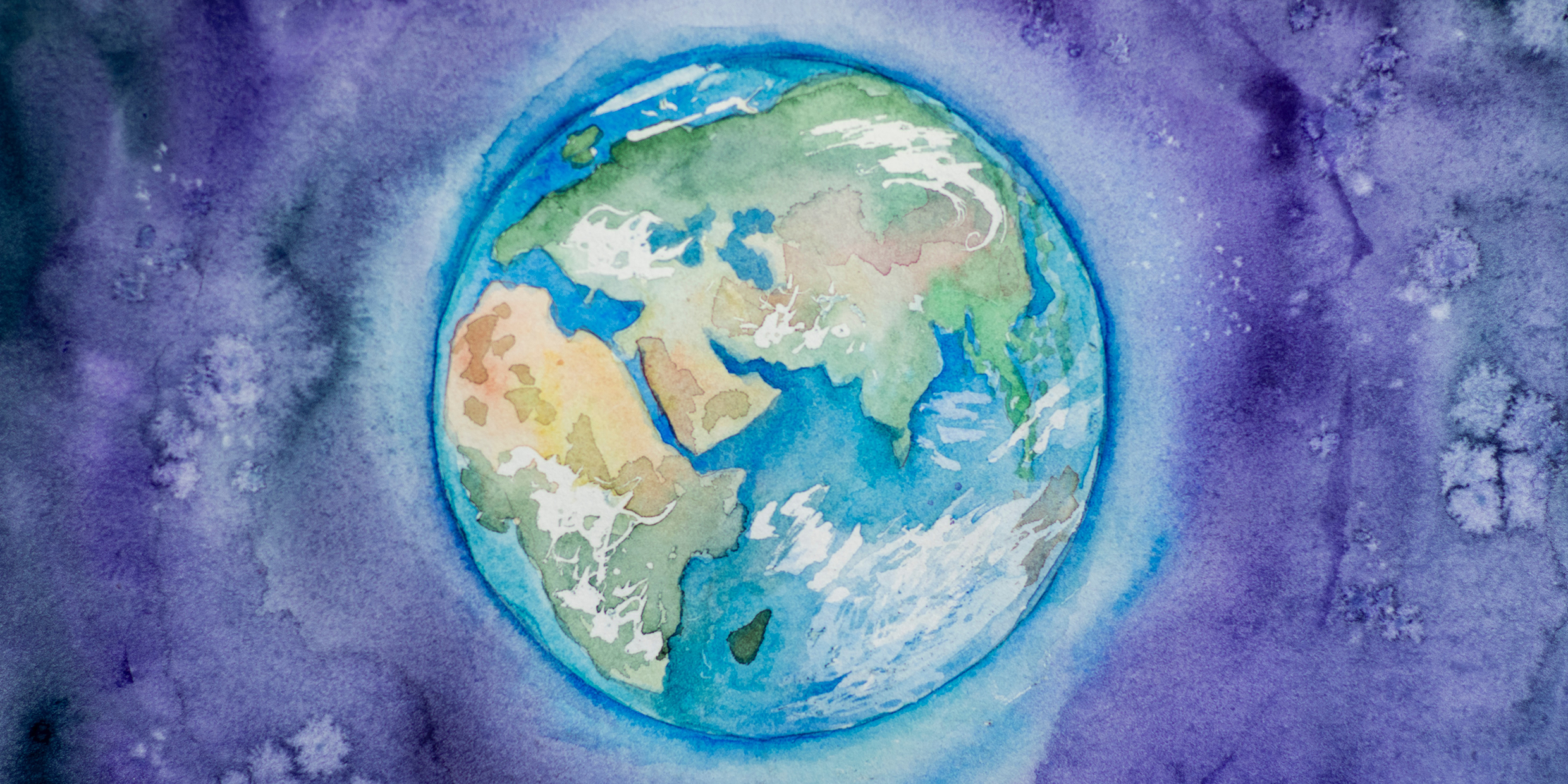Originally published 13 May 2003
When I was in high school many long years ago, the sciences were the basics — physics, chemistry, biology. Boys took physics (and went on to become engineers and automobile mechanics), girls took biology (and became nurses and homemakers), and nobody took chemistry if they could help it (except a few nerds who wanted to make stink bombs).
These days the sciences are rather more jumbled up, and students might encounter physical chemistry, biophysics, biochemistry, or any of many other blended specialties. Gender in the science classrooms is rather more jumbled, too.
But, by and large, the old categories stand: If you are going to organize the sciences under a few practical headings, physics, chemistry, and biology are the best way to do it.
These categories are not arbitrary. In broad outline, they correspond to how the universe evolves in space and time.
The universe began as pure physics, in an explosion from an infinitely hot seed of radiant energy. During the first trillion-trillion-trillionth of a second, matter and antimatter flickered in and out of existence. The fate of the universe hung precariously in the balance; it might grow, or it might collapse back into nothingness.
Suddenly it ballooned to enormous size, in what cosmologists call the inflationary epoch, bringing the first particles of matter — the quarks — into existence. Within a millionth of a second, the rapid swelling ceased, and the quarks began to combine into protons and neutrons.
The universe continued to expand and cool, but now at a more stately pace. Within a few more minutes, protons and neutrons combined to form the first atomic nuclei — hydrogen and helium — but the universe was still too hot for the nuclei to attract electrons and make atoms. Not until 300,000 years after the beginning did the first atoms appear.
In all of this, there was nothing of relevance to a chemist or biologist. Chemistry could only begin when parts of the universe had cooled sufficiently for atoms to cling together as molecules (but not so cold that everything is locked together in rock-hard solids). And biology could only begin when the right kind of atoms — carbon, nitrogen, oxygen, phosphorus, and sulfur — had appeared on the scene.
The atoms of life were cooked up in stars by nuclear fusion and blasted into space when the stars died as supernovas. So, even after the era of chemistry had begun, there were not yet the right elements for biological molecules. Billions of years had to pass, and generations of stars had to come and go, before life became a possibility.
Chemistry and biology require a flow of energy, from the fabulously hot interiors of stars to the unimaginable cold of intergalactic space. Only in tiny enclaves precisely placed in this flow is biology possible. The Earth is one such enclave.
Physicists have all the universe to play with. Chemists are basically confined to the galactic neighborhoods of stars. The realm of biologists is those slivers of space — just so far from a star and not too far — where molecules such as water can exist as liquids, somewhere between steam and ice.
If, as most cosmologists now believe, the universe will expand forever, then the sciences will leave the stage in the reverse order in which they made their entrance. As the universe is stretched increasingly thin, the stars will eventually cease to shine and the flow of energy will stop. Life will be extinguished first, then chemical activity.
Physics is indifferent to the temperature of the universe. The infinite temperature of the first instant, or the absolute zero of the end — it is all part of the territory.
High-school science might be a lot more fun if it were taught in the context of the universe’s story. The creation myths of our ancestors begin with biology: A humanlike divinity says, “Let there be light.” And they end with biology, too; the lights go out with human history. The modern universe story starts and ends with physics, with biology confined somewhere to the middle, and with even chemistry — boring old chemistry — getting its star turn on the stage.



